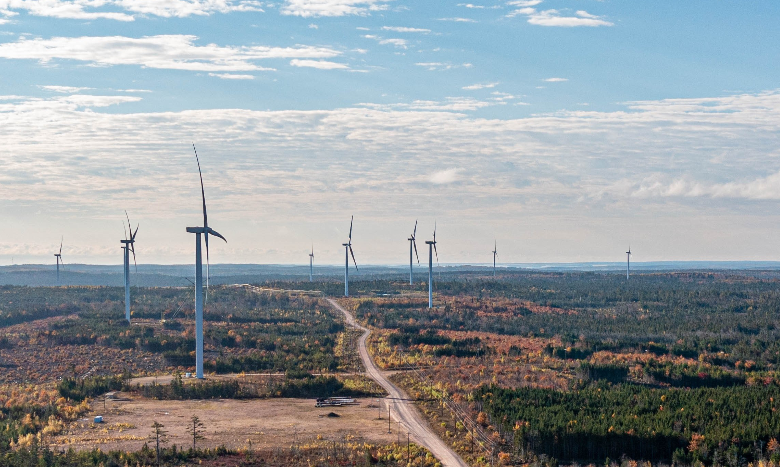Phasing out coal power plants in Atlantic Canada by 2030


The federal government’s ambitious plans to cut carbon emissions across Canada are well known. The latest undertaking is to phase out coal-fired electricity generation in New Brunswick and Nova Scotia.
Toward that end, federal Cabinet ministers met in Ottawa with representatives of the two provinces to discuss what needs to be done. Targets include the phase out of coal-fired electricity generation by 2030, the drive to net-zero electricity by 2035, and a net-zero economy by 2050 in a manner that is affordable.
At the meeting, the federal and provincial governments agreed to a joint policy statement on developing and transmitting clean, reliable and affordable power. The plan includes advancing two tracks of collaborative work. The first track includes priority projects necessary to meet the 2030 deadline. Work will be done on building the Salisbury-Onslow reliability tie, the first phase of a modified Atlantic loop that connects Nova Scotia and New Brunswick.
To further the goals of the joint policy statement, three funding activities were announced. First, Nova Scotia power will receive $11.5 million of federal money to improve its grid system monitoring and automation as renewable energy projects come on stream. Second, The Canadian government is offering $7 million to support predevelopment of ARC Clean Technology, this country’s small modular reactor at Point Lepreau, N.B. And third, there will be $2 million available from the federal government to explore the feasibility of converting the Belledune coal-fired generating station in New Brunswick to sustainably sourced biomass. An additional $978,945 has been promised to the Belledune Port Authority to undertake site preparations to establish an industrial green hub.
These investments build upon the commitments already made by the federal government under the Canada-New Brunswick and Canada-Nova Scotia Regional Energy and Resource Tables.
The latest agreement builds upon the pledges made by the federal government to the electricity sector in Budget 2023 that will help support these priorities. These include the new Clean Electricity Investment Tax Credit, the Clean Technology Investment Tax Credit, and a $2.9-billion recapitalization of the Smart Renewables and Electrification Pathways Program.
Canada has already built on of the cleanest electricity systems in the world, with more than 80% of this country's electricity coming from non-emitting sources – hydro, wind, solar, and other renewables.
Follow Natural Resources Canada on LinkedIn.
Comments